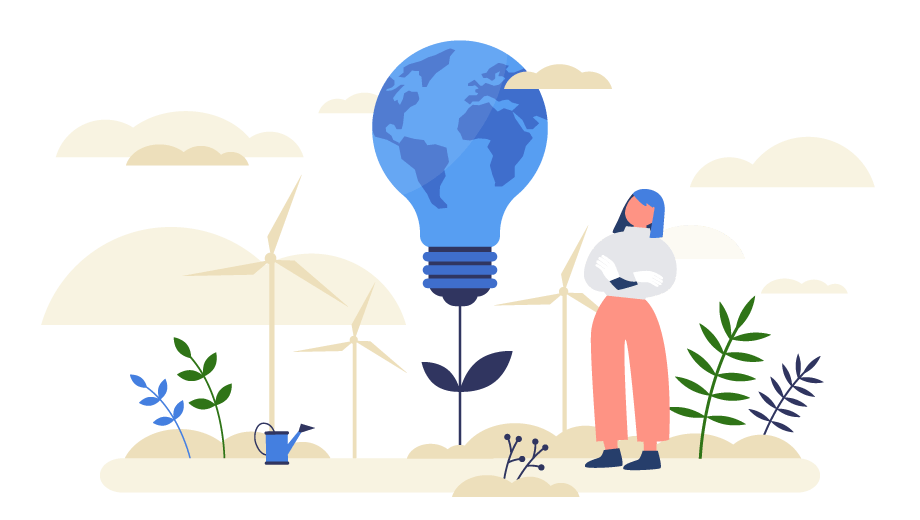Environment





kaonavi recognizes environmental issues as important topics of management. As we strive to make continuous improvements toward a sustainable society, we will thoroughly comply with environmental laws and regulations while also making improvements related to the environment in our business activities.

Climate change
Climate change initiatives
We consider climate change to be one of the most important issues that increases the risk of extreme weather events and affects all citizens. Currently, a wide range of initiatives are underway around the world for carbon neutrality to achieve a carbon-zero society. We also will contribute to climate change by reducing greenhouse-gas emissions through monitoring emissions from our service.
Targets
We support Japan's carbon neutral declaration policy of achieving carbon neutrality by 2050, and we aim to reduce total greenhouse gas (carbon-dioxide) emissions to net-zero.
Our services provide a cloud environment that has a low environmental impact and encourages to be paperless.
Responses
Work styles
In December 2020, we adopted “Flexible work arrangement” allowing our employees to choose their work arrangements. This program helps to lessen the environmental impact of commuting.
Use of paper
We encourage to reduce the volume of paper used to print documents as much as possible. We use an IoT service to manage printer paper in the office, measuring and monitoring volumes used. If the volume used increases substantially, we check the cause and implement the necessary measures.
Risks of natural disasters
We recognize the risk of natural disasters due to global warming. Through our business continuity plan (BCP), we carry out periodic drills on checking safety and distribute emergency supplies to each facility to ensure the safety of all employees. In addition to personal safety, we also take steps to enable business continuity by choosing suppliers to diversify sources of important equipment, such as servers.
Environmental considerations
Initiatives
Green Policy
We have adopted a Green Policy under which we prioritize products and services with lower environmental impacts from suppliers. As an example, we prioritize the purchase of products with the certification such as Eco Mark.
Resource conservation
We are carrying out the following active efforts to lessen our environmental impact and raise environmental awareness:
・ Environmental consideration in leased office buildings, investigating accreditation
・ Adoption of LED lighting
・ Encouraging employees to use reusable cups
・ Adjusting air-conditioning temperatures
・ Waste segregation and recycling
Wastes
We generate a few amount of waste in the process of service provision.
If waste is generated, we use carbon offsets according to the amount of emissions, contributing to the reduction of greenhouse gas emissions.























